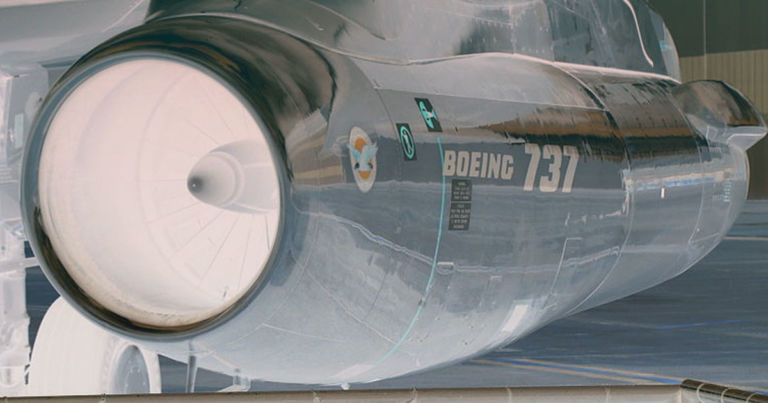Corrosive Evidence
The aviation industry is experiencing a massive drop in demand during the ongoing coronavirus pandemic. That means thousands of commercial airliners are being put in storage, patiently waiting to take to the skies again — that is, if we’re ever willing to get in a plane again.
Having the jets grounded for so long may turn into a significant safety issue in the future, NPR reports. In a Thursday emergency air worthiness directive, the Federal Aviation Administration ordered the inspections of 2,000 Boeing 737 airplanes — out of concern that disuse could cause their engine valves to corrode faster, possibly resulting in engine failure.
Just in. The FAA has issued an emergency airworthiness directive to all airlines who fly Boeing 737s. It says jets that have been in storage during the pandemic could have their engines suddenly fail. The FAA is ordering inspections after four incidents. pic.twitter.com/vVoA2j9tyT
— Pete Muntean (@petemuntean) July 24, 2020
Stuck Valves
Inspectors have already found evidence of corrosion on some of the valves. In a worst case scenario, that corrosion could lead to the valves getting stuck open and causing both engines to loser power — and even prevent them from restarting, according to the FAA’s directive.
“With airplanes being stored or used infrequently due to lower demand during the COVID-19 pandemic, the valve can be more susceptible to corrosion,” Boeing explained in a statement to NPR.
The issue is reportedly not related to Boeing’s 737 Max line of aircraft, which were involved in two deadly crashes in late 2018 and early 2019.
READ MORE: FAA Orders Thousands Of Boeing 737s To Undergo Emergency…



